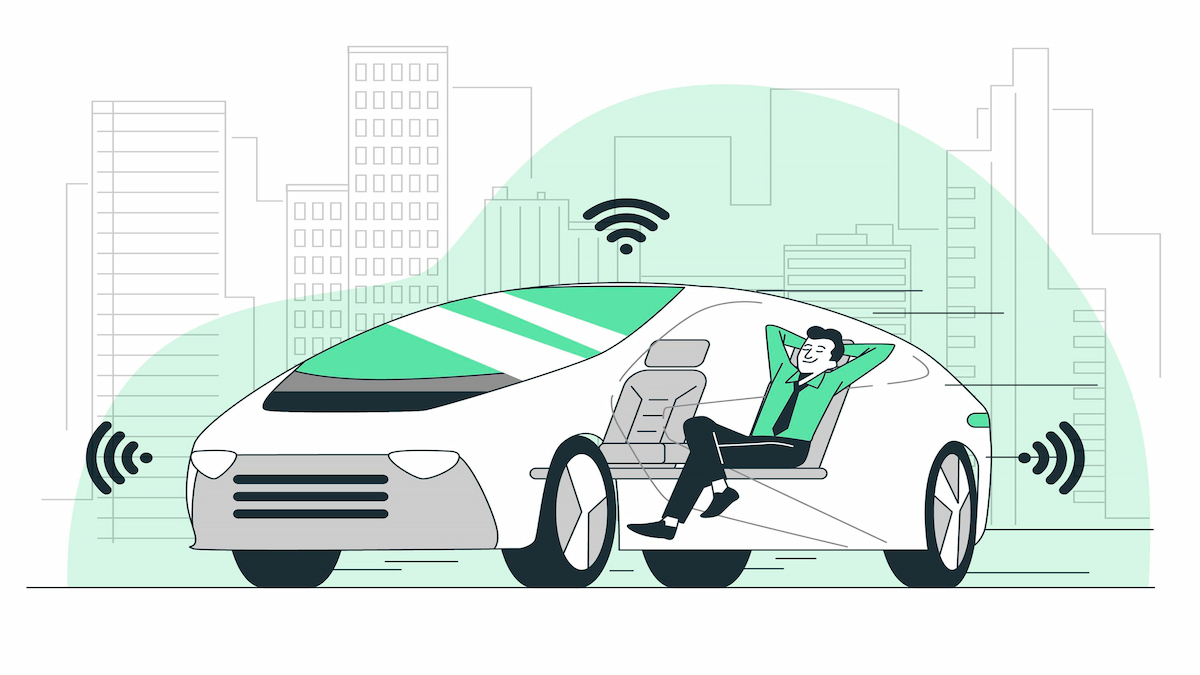Physical AI is increasingly embedded in public and domestic environments, from self-driving vehicles to delivery robots and household automation. As intelligent machines begin to operate alongside people in shared spaces, trust emerges as a central condition for adoption instead of technological novelty alone.
Autonomous vehicles provide the clearest illustration of how trust must be earned through openness, accountability, and continuous engagement.
Self-driving systems address long-standing challenges such as road safety, congestion, and unequal access to mobility by relying on constant perception, rule-based behaviour, and fatigue-free operation.
Trials and early deployments suggest meaningful improvements in safety and efficiency, yet public confidence remains uneven. Social acceptance depends not only on performance outcomes but also on whether communities understand how systems behave and why specific decisions occur.
Dialogue plays a critical role at two levels. Ongoing communication among policymakers, developers, emergency services, and civil society helps align technical deployment with social priorities such as safety, accessibility, and environmental impact.
At the same time, advances in explainable AI allow machines to communicate intent and reasoning directly to users, replacing opacity with interpretability and predictability.
The experience of autonomous vehicles suggests a broader framework for physical AI governance centred on demonstrable public value, transparent performance data, and systems capable of explaining behaviour in human terms.
As physical AI expands into infrastructure, healthcare, and domestic care, trust will depend on sustained dialogue and responsible design rather than the speed of deployment alone.
Would you like to learn more about AI, tech and digital diplomacy? If so, ask our Diplo chatbot!




